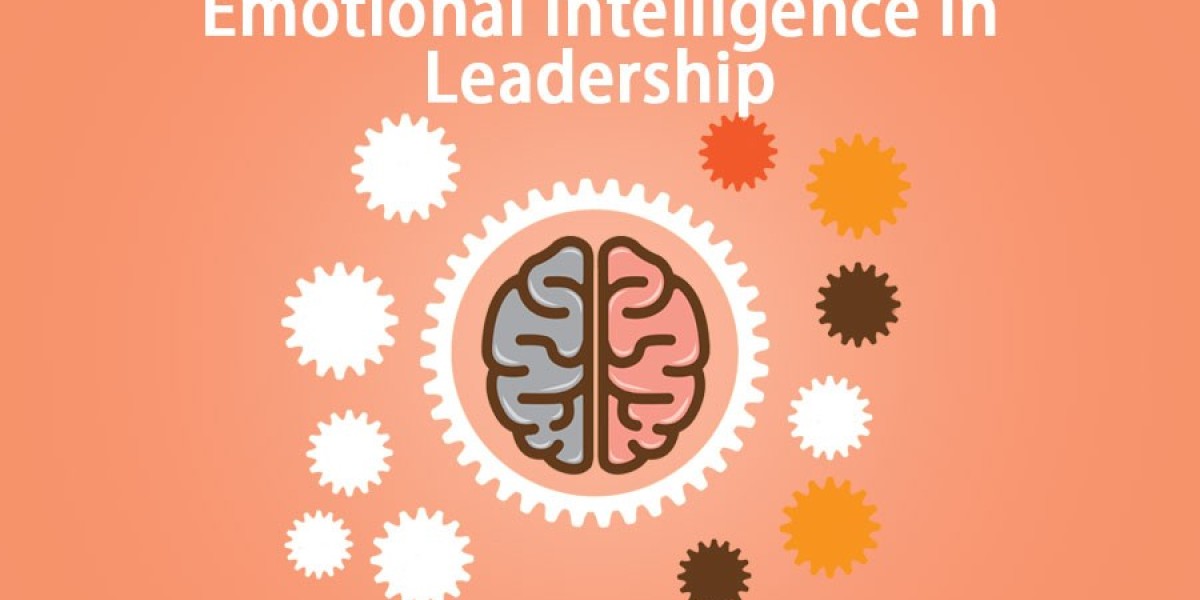In today's fast-paced and competitive business world, technical skills alone are no longer sufficient for effective leadership. Increasingly, research and experience demonstrate that emotional intelligence (EI) plays a crucial role in determining the success of leaders and their organizations.
Emotional intelligence encompasses the ability to recognize, understand, and manage one's own emotions, as well as to perceive and influence the emotions of others. Leaders with high emotional intelligence demonstrate empathy, self-awareness, social skills, and self-regulation, all of which are essential for fostering positive relationships, inspiring trust, and driving performance within teams.
One of the key components of emotional intelligence is self-awareness. Leaders who possess self-awareness are in tune with their strengths, weaknesses, values, and emotions. They understand how their actions and decisions impact others and are open to feedback and self-improvement. This self-awareness enables them to make better choices, navigate challenges effectively, and lead authentically.
Another important aspect of emotional intelligence is empathy. Empathetic leaders are able to understand and relate to the emotions and experiences of others. They listen actively, show genuine concern, and consider the perspectives of diverse stakeholders. By demonstrating empathy, leaders can build trust, foster collaboration, and create a supportive and inclusive work environment.
Furthermore, emotional intelligence enables leaders to manage their emotions and reactions in challenging situations. Rather than being reactive or impulsive, emotionally intelligent leaders remain calm under pressure, think rationally, and make informed decisions. They are adept at handling conflicts, navigating change, and inspiring resilience within their teams.
In addition to interpersonal skills, emotional intelligence also impacts leadership effectiveness in strategic decision-making and organizational culture. Leaders who are emotionally intelligent are better equipped to build consensus, communicate vision, and motivate their teams toward shared goals. Moreover, they foster a culture of trust, openness, and innovation, which enhances employee engagement and performance.
Developing emotional intelligence is a lifelong journey that requires self-reflection, practice, and continuous learning. Leaders can enhance their emotional intelligence through various means, such as mindfulness practices, emotional intelligence assessments, coaching, and feedback from peers and mentors.
In conclusion, emotional intelligence is a critical competency for effective leadership in today's complex and dynamic business environment. Leaders who prioritize the development of emotional intelligence can cultivate stronger relationships, drive higher performance, and lead their organizations to long-term success.




Marcelo Orlando 42 w
Gostei muito